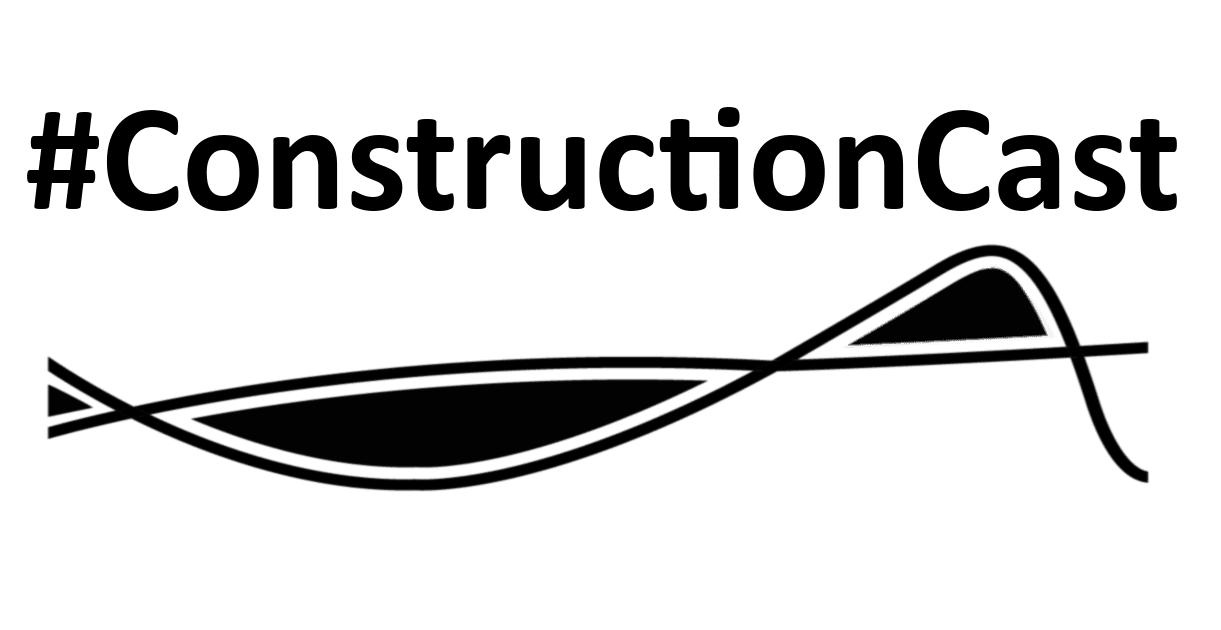What is CSR and Why Bother?
This week we looked at CSR – Corporate Social Responsibility. We were joined by Bob Nightingale MBE, Head of Fundraising for The London Legal Support Trust. Bob is one of the founders of LLST, which you may be familiar with if you have ever taken part in the London Legal Walk. In normal years this event can see up to 15,000 legal professionals taking to the streets of London for a sponsored 10K walk to raise money for the charity.
Sarah Williams, a specialist construction barrister at Keating Chambers also joined us. Sarah is member of Keating’s band, who take part in the fundraising charity ‘battle of the bands’ competition ‘Law Rocks’.
Our final guest this week was Will Richardson, Founder and Managing Director of Green Element. Green Element is an Environmental Management Consultancy.
There are lots of definitions of corporate social responsibility. Some people have quite a narrow idea of what it contains but for others it is quite a broad topic. So to start this weeks session, we asked the panel what does CSR means to each of them. For Will the key is purpose. Does your organisation have purpose? That purpose can and should be driven from all angles. CSR incorporates absolutely everything, but you also need to look at what that means from your client’s point of view. Green Element is what is known as a ‘B-corp’ – a purpose-driven business, rather than purely profit focussed. As such, he believes it is important your organisation has a positive impact on the world.
For Sarah, it’s a little different. Barristers’ chambers consist of self-employed individuals all working separately as part of the same set. So in these cases, CSR decisions must be led by individual passion, pursuit and purpose.
Bob defines CSR as making sure your organisation does good with its resources be it people or money. CSR is a very broad subject – it stretches from looking after the environment to signing cheques to lawyers giving up their time pro bono. Making a positive impact with your resources is what it’s all about.
COVID & Charity
It has been widely reported that COVID has had a big impact on charities, with some studies showing as many as 1 in ten charities could be facing bankruptcy this year. So we asked Bob what the impact has been on The London Legal Support Trust.
It doesn’t make for happy news. Bob explains that this year charities are missing £9 billion in funding. Like most things, many fundraising events have been cancelled this year. For legal advice centres, there has been a three-fold hit: they haven’t got any money from state funding, their income from events and legal aid has gone down, and the demand for legal help has gone up immensely.
As an example, citizen’s advice in the East End is getting 450 calls/ day instead of the 100 or so they would usually receive. They have seen an increase in people needing help, some who would have never needed advice before. The demand for help has gone up, but the resources to provide it have gone down. LLST have hosted some online events and a 10k challenge instead of the usual legal walk, but the impact is limited. As many of us have discovered, online events are not quite the same. This year the charity is looking into sending out direct appeals to make up for the shortfall – something they’ve never had to do before.
Why do good?
These days it is rare to come across a company that doesn’t have a Corporate Social Responsibility strategy. Most firms are beginning to take doing good seriously. By why? What do companies get out of it?
For the uninitiated (and if that’s you, get initiated here) with Law Rocks, each event sees bands made up of legal professionals go head to head in a battle of the bands, all whilst raising money for good causes.
Sarah plays the keyboard in her band. We asked her why she gives up her time each year to get involved with Law Rocks. For her, it’s a very entertaining way to raise huge amounts of money for extremely good causes. There is a feel-good factor to being involved. Nick Child (Founder of Law Rocks) has given up a huge amount of time to put things together. Law Rocks gives lawyers an opportunity to get together and recreate rock classics to the amusement of an audience of family and friends.
As a member of the band, it allows you to see your colleagues in a completely different way. And of course, gives you a small peek into the world of what it might have been like to be a rockstar. The experience also stretches your brain in a different way. Music is very important to Sarah in general, she has found it even more important for her mental health with all that has been going on in the world this year.
Similarly, for the legal walk, Bob is always amazed by just how many people will give up their time to take part. But a challenge for the walk is that whilst people know about and even take part in the legal walk, they sometimes know little about LLST and the important work the charity does. Bob knows that is something he will have to do something about. The charity is re really just a vehicle to allow people to donate to law centres and Citizens Advice. He’s not too worried about LLST receiving publicity as long as people are still willing to get involved, volunteer and donate.
Good for the planet
Moving on to the environmental aspects of CSR, we asked Will Richardson what can companies do to reduce their environmental footprint. Firstly, says Will, you should be looking at monitoring and reducing things like water and energy use. You need to understand what and when you’re using things. For example, take a close look at your building management system and how you’re managing it. People often don’t understand how to manage buildings properly. Ensure that you’re not being wasteful.
Will explains that not only can being more sustainable save you money, it can also help you make money. Unilever is a large company proving that 50% of their organisations are now purpose-driven and sustainable. Having sustainability/CSR in your remit or as a part of your business will also attract a higher calibre of colleagues and clients.
As a purpose-driven business, Green Element also subscribe to CSR in other ways. For example every month each employee works for a charity of their choice for a day. They also provide a lot of digital services, including a carbon footprint reporting tool to help other firms do better. You can find information and tools for implementing sustainability strategies on their website.
Where’s the catch?
This all sounds good, but are there downsides to getting involved?
Sarah considers that for some there may be a perceived inconsistency between the persona that a barrister is supposed to give and the persona performing on stage. However, barristers are increasingly becoming recognised as a diverse set of individuals.
Whatever you do, Sarah believes you need to engage with sincerity – do it with your heart. There are spin-off benefits. Yes, you can use it in your recruitment and marketing, but don’t let that be your primary driver. It falls a little dead if you don’t put your heart in it.
She warns firms to be wary of forced compliance. Forcing people to get involved can backfire. People have to be passionate first and the benefits will follow.
Sarah is responsible for the ethical strategy at Keating. As such she’s made various commitments to attempt to improve buying power, but this is a gradual process. Often when you start looking at the things you can do, you start to realise just how privileged you might be. Then you realise just how much more you could be doing. It can feel overwhelming. Williams suggests a good approach is to keep things in small manageable chunks and keep adding to them.
Will agrees. One of the biggest hurdles to overcome when companies or individuals begin to make improvements is the worry that they’re not going to do enough. Don’t let that put you off. It’s not rocket science. Look at what you’re doing, how you’re doing it and if you can reduce your impact. Begin with small achievable steps and increase as you succeed.
Finally we asked Bob what benefits are companies get from supporting those charities? He says the law firms he works with wouldn’t spend the time, money and energy on good causes if it wasn’t worth it from their point of view. Customers like it, they like to see the law firms they use have a decent CSR profile. However, Bob notes that it is different for those huge firms with a large budget and resources at their disposal. If you’re a smaller organisation there is less you can do, and it may be more of an individual effort.
Thanks to all our speakers – do join us for the next ConstructionCast

